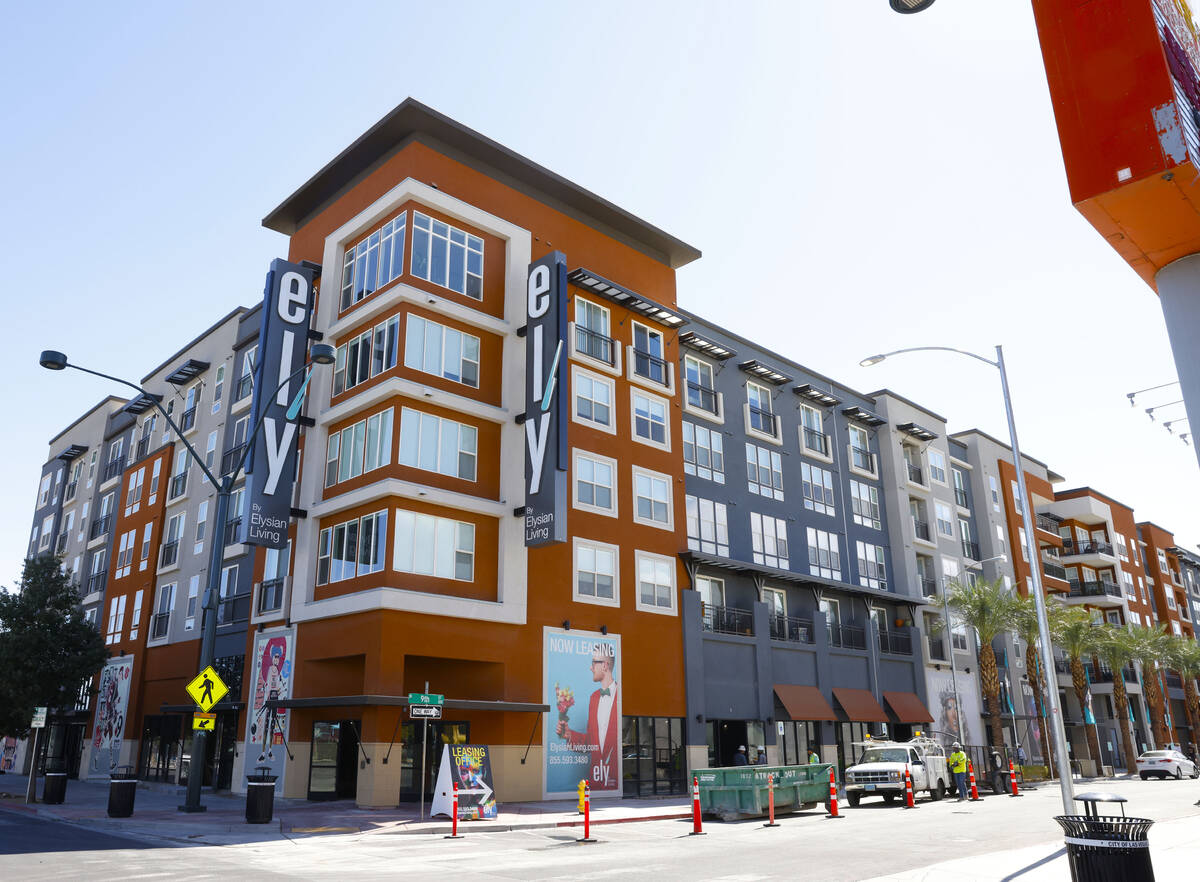EDITORIAL: Boosting supply, not rent control, key to lowering housing costs
Unaffordable rental costs have long been a problem in places such as San Francisco, Seattle and New York City. They’re now a reality for many in Clark County.
Of all the ways inflation pinches individual and family budgets, housing probably exerts the largest squeeze. For many, especially renters or newer home buyers, the cost of housing is their largest monthly expense. It’s difficult to avoid without a major life change, such as moving. And even relocation can come with major trade-offs in neighborhood safety, school changes for kids or longer commutes.
Las Vegas isn’t immune to these realities. In May, the median sale price for a single-family home was $473,000. That’s a lot of money, especially with interest rates on a 30-year fixed mortgage hovering around 7 percent. Thanks a lot, Joe Biden.
The rental market is also tough. A recent UNLV study found 58.3 percent of renters in the Las Vegas metro area spend 30 percent or more of their income on housing. The median rental asking price in Las Vegas is a bit more than $1,500. In the third quarter of 2015, rents averaged $850 a month. Despite Mr. Biden’s many claims, personal income growth isn’t making up the difference. That’s especially true for retired renters on fixed incomes.
There’s widespread agreement that rents are too high. The disagreement is over what to do about it.
As expected, progressives seek more government interventions in the marketplace. Nevada Democrats have criticized Gov. Joe Lombardo for vetoing a bill that would have implemented rent control in some circumstances. The appeal of rent control is obvious. The government prevents rents from rising or limits increases. For those currently in a rental, there are tangible short-term benefits.
But the long-term consequences make the overall problem only worse by curtailing investment and limiting supply.
One way to decrease rental costs is to increase the supply of apartments and rental homes. Last year, the rental costs for a one-bedroom apartment in Las Vegas fell by double digits compared with 2022. The reason? An influx of apartments hit the market. But rent control reduces the incentive to build new apartments or make improvements to existing units. This isn’t idle speculation. It’s happened again and again around the country.
A recent example is in St. Paul, Minnesota. Voters there passed a rent control initiative in 2021. The next year, the number of apartment construction permits dropped by 48 percent. The results were so bad that less than a year later, the St. Paul City Council amended the law to make it easier for landlords to boost rents.
Supply and demand remains undefeated. To lower rents, don’t impose rent control. Increase supply.

















